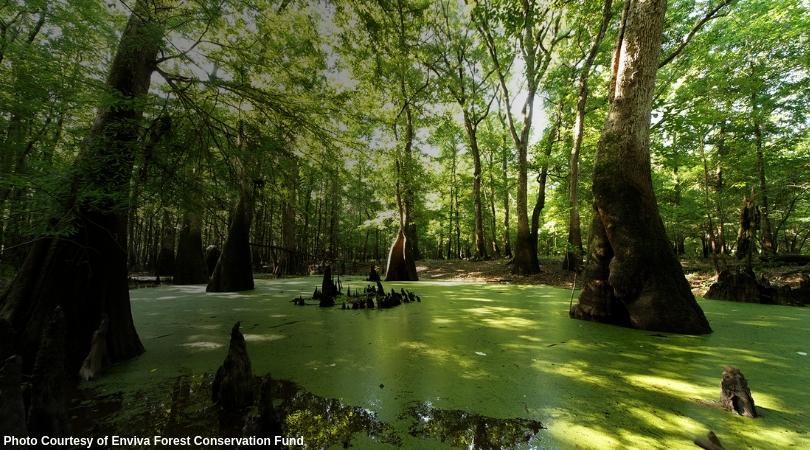Learnings From Multi-Year Pilot To Support Local Wood-To-Energy Projects
Learnings From Multi-Year Pilot To Support Local Wood-To-Energy Projects
The U.S. Endowment for Forestry and Communities (Endowment) today released a report, “LEAF: Local Energy for American Fund Pilots, Outcomes, and Lessons,” that assessed results of an effort to enlist private capital in support of converting fossil fuel systems to locally-derived wood-to-energy. One of the greatest challenges to sustaining the health of America’s forests is the problem of small- diameter, dying and dead trees for which in all-too-many places there are few if any markets. “Without economically viable markets, landowners (both public and private) are left with few options to manage their forests in ways that keep them healthy and thus mitigate against the chances of catastrophic lossfrom insects, diseases and wildfires,” says Endowment President and CEO Carlton Owen. The Endowment partnered with the USDA Forest Service in a two-state pilot effort (New Hampshire and Oregon) to determine if modest amounts of philanthropic and public capital could aid in attracting greater sums of private capital where the economics of conversions from fuel oil to wood waste would make a difference. While the partners were able to help advance worthy projects in both states, the modest amounts of seed capital available ($1.5 million across the two states), the need for a large number of like- kind projects ready for investment, and the one-off nature and long-lead times for wood-to-energy projects as compared with other types of energy facilities, contributed to falling short of desired outcomes.
“While we are proud of the two projects we were able to assist, we determined that the Endowment’slimited time and funds would be better targeted at scalable projects that have the potential to have regional and national impact,” said Owen.
Lessons from the pilot led the Endowment’s Board of Directors to focus attention on advancing the commercialization of torrefaction – the roasting of wood in a low-oxygen environment – that, if successful, could create both domestic and export markets especially applicable in areas with limited forest products manufacturing infrastructure.
The LEAF report is part of the Endowment’s on-going commitment to share learnings not just from things that work; but, also from those that fail to achieve objectives.
For more information contact:
Carlton N. Owen, President & CEO, 864-233-7646, carlton@runslikeclock.work
The U.S. Endowment for Forestry and Communities (the Endowment) is a not-for-profit public charity working collaboratively with partners in the public and private sectors to advance systemic, transformative, and sustainable change for the health and vitality of the nation’s working forests and forest-reliant communities – www.usendowment.org




